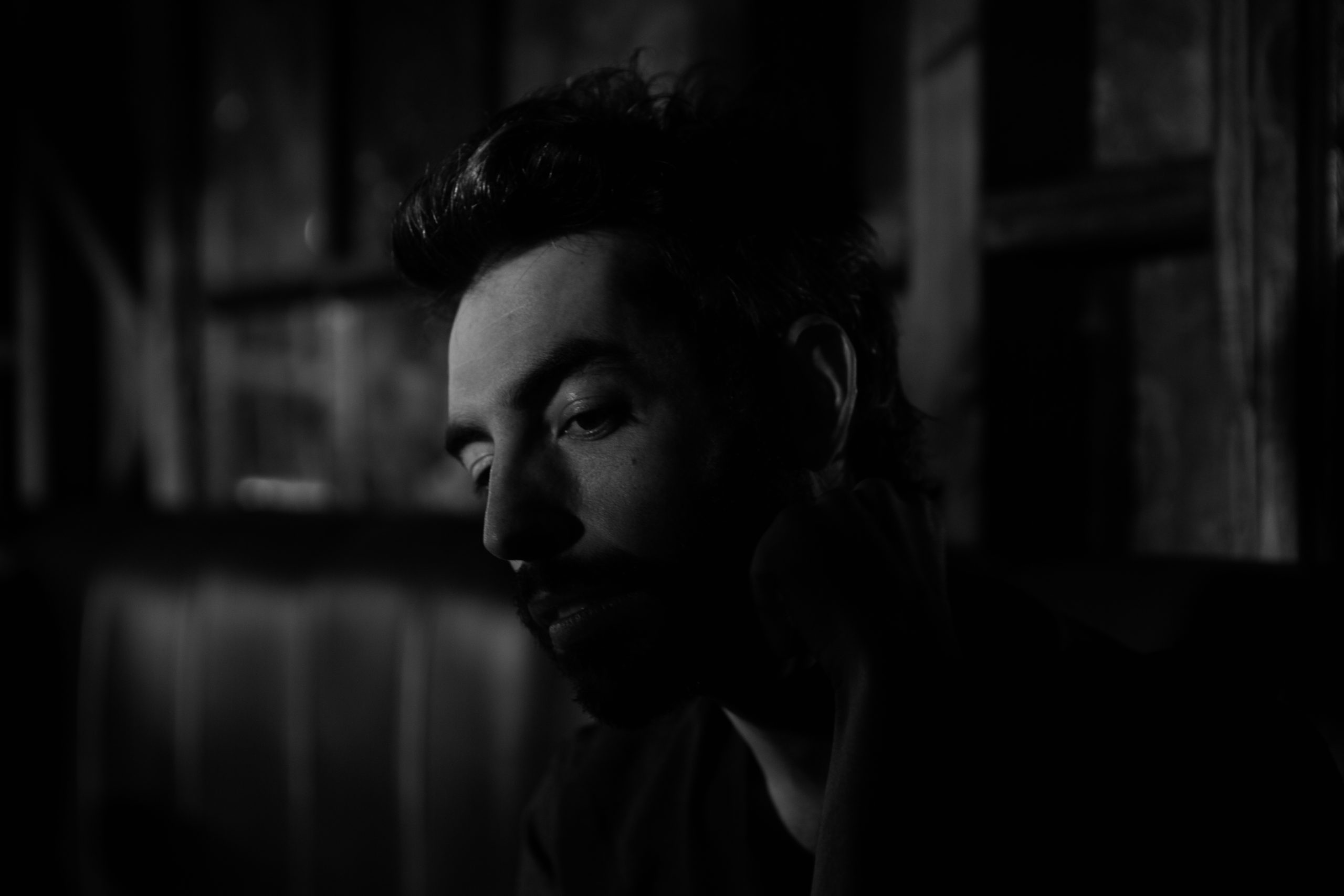The Zest of Early Mornings and Tribe
Look at me making grand proclamations about listening to softer fare in the early mornings only to have that stance tested just days later. A Tribe Called Quest’s 1991 album The Low End Theory showed up on my doorstep at 7:30 a.m. thanks to new—and admittedly concerning—delivery protocols from USPS. (No one needs to be working around the clock.) But okay, timing. The overcast morning, pressing in close, seemed to crave a kind of rhythmic coziness.
Hearing the slowed, almost muddied, bass line from the opening track “Excursions”—sampled from Art Blakey and the Jazz Messenger’s song “A Chant for Bu”—set an electrifying tone for the day. Who needed hushed, gentle soundtracks to frame the soft morning light when there was bolder, more poetic energy to usher in?
Tribe, in so many ways, is emblematic of my hip-hop preferences, but I’m almost embarrassed to admit how long it took me to find them—really find them. Of course, I knew of them, but I hadn’t spent any time with their albums, those magically creative tomes, until Phife Dawg passed in early 2016. I was excessively late to the game, but I did get there eventually.
Venture back with me a moment to a time when my appreciation for hip-hop was, shall we say, fledgling. Notwithstanding stalwarts like Tupac, Notorious B.I.G., and Jay-Z, I somehow escaped high school without a greater awareness of the craft. In college, my tastes developed in a…dirtier direction. Thanks to a potent combination of Florida nightlife and a roommate who had a penchant for Trick Daddy and Ying Yang Twins, I became better acquainted with the dirty south and stylized rappers who loved a flashy rhyme and a flashier production.
It was Chappelle’s Show that ended up educating me. I watched the series from day one, soaking up the world of hip-hop it showcased: Mos Def, Common, Talib Kweli, Dead Prez. Between that and the 2005 documentary Dave Chappelle’s Block Party, I discovered the kind of hip-hop I’ve since gravitated to: intricate rhythms, jazzy musical samples, and poetic rhymes. I took up with the artists who felt like stumbling downstairs to a dimly lit club and learning some truth.
Despite Tribe’s clear influence on these MCs, it would take a decade more before I found my way to the full breadth of their music. When I did, their second album The Low End Theory quickly became my favorite. It was “Excursions” that did it for me. How could it not? The track is textured and spare, and exemplifies how the album postulates the importance of bass and rhythm, repeatedly finding ways to foreground those often background layers.
The second track “Buggin’ Out” builds on the jazz samples that inform so many tracks, with a thick upright bass line from “Minya the Mooch” by Jack DeJohnette’s Directions. Outside of bass and drums, Q-Tip and Phife delight in delivering charged rhythmic exchanges. “Check the Rhime” feels like a playground interplay, where they seamlessly dialogue. Average White Band’s sampled “Love Your Life” is often shouted out for the hook it creates, but it’s the drums, supplied by Grover Washington Jr.’s “Hyrdra,” that most capture me.
It’s an album that borrows liberally from jazz to build new dynamics. What the group achieved feels all the more ingenious, all the more spectacular, considering they created each track long before streaming platforms made the encyclopedia of music so accessible. As Lex Pryor at The Ringer pointed out, they had to know in advance what they wanted. They sampled and shaped, they fused and formed, generating wild new possibilities. It’s a helluva way to start the day.



